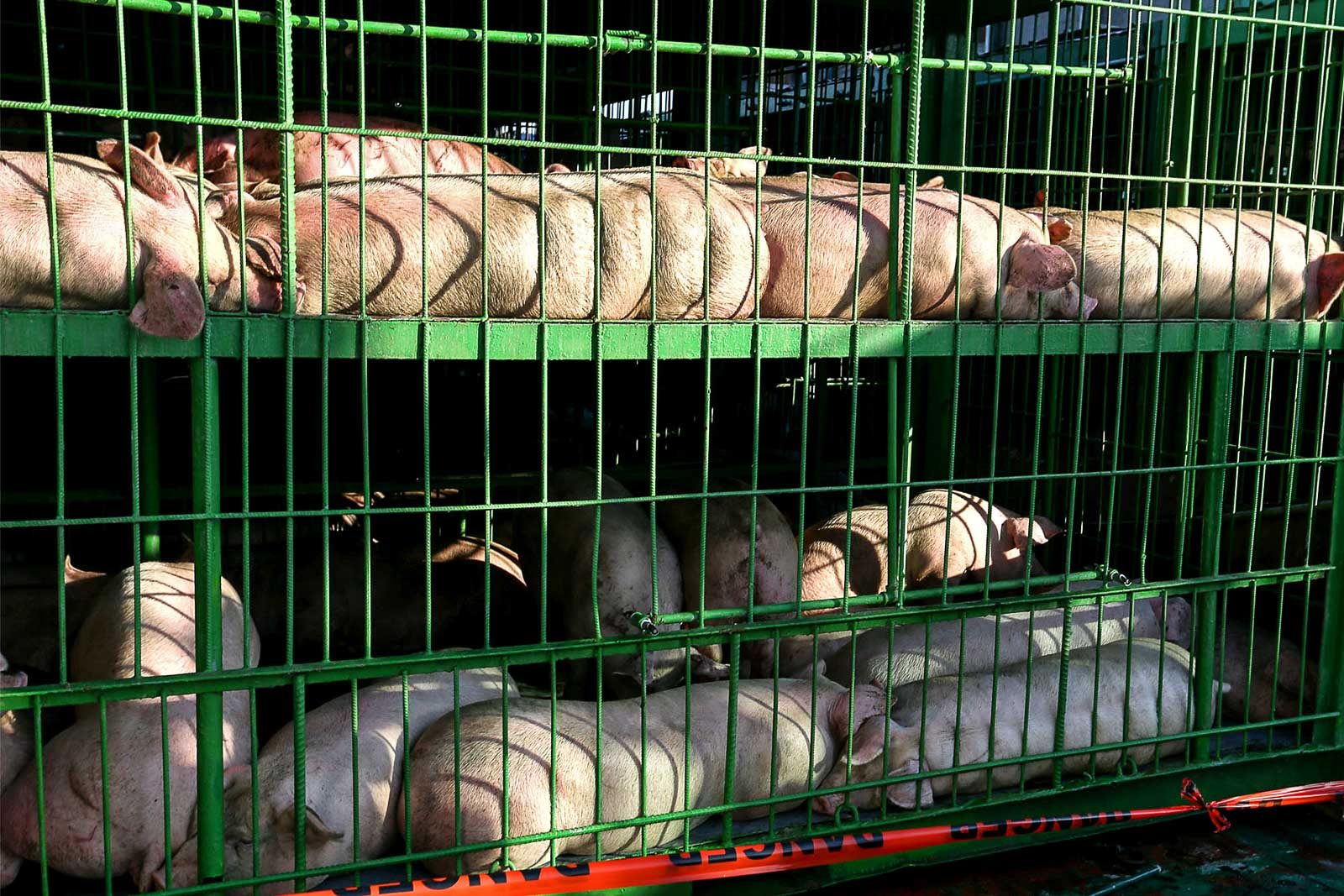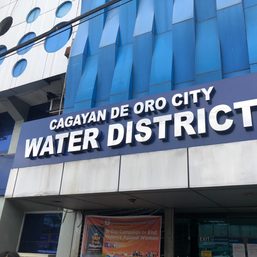SUMMARY
This is AI generated summarization, which may have errors. For context, always refer to the full article.

Cagayan de Oro Mayor Oscar Moreno ordered a suspension on hog slaughter in the city’s lone public abattoir as the African Swine Fever (ASF) spread here and in Misamis Oriental province anew.
Moreno’s order, in effect, stops the transport of pigs from backyard farms and makes hog movement from outside the city’s biggest piggeries very difficult, said acting city veterinarian Lucian Acac on Monday, April 19.
Maricel Rivera, city hall spokesperson, said ASF has already spread to at least 25 of the city’s 80 villages, and adversely affected some 882 hog raisers.
ASF also hurt 466 farmers in the neighboring towns of Opol, Alubijid, Laguindingan, Manticao, Libertad, and Initao in Misamis Oriental, and the province’s component city of El Salvador, said provincial veterinarian Benjamin Resma.
The situation is forcing authorities to cull thousands of pigs in Cagayan de Oro and Misamis Oriental to prevent more infections. In the province alone, 1,993 pigs were so far selectively slaughtered and buried as of April 15, and culling operations are ongoing, said Resma.
Acac said the suspension of hog slaughter at the Cagayan de Oro abattoir would give enough time for workers to disinfect the facility that processes an average of 250 pigs each night.
He said it was a bitter pill to swallow, but the suspension had to be done.
“I really don’t know how the prices have been affected, but this would definitely impact on the supply of pork, at least in the city’s public markets that are dependent on pork from the city’s main slaughterhouse,” said Acac.
He said hog raisers can bring the animals to the towns of Opol and Tagoloan in Misamis Oriental, which have facilities for hog slaughter. The option, however, is no easy solution because Misamis Oriental authorities have gone strict, too, on hog transport, and the facilities in these towns don’t cater to small hog raisers.
Resma blamed the ASF spread on uncooperative hog raisers who refused to let go of their pigs, hid them, and found ways to sell and secretly move the animals from their backyards and piggeries despite the government’s warnings.
Swill feeding continued, and infected pigs were transported and sold despite the ASF threat, he said.
Worse, pigs were infected during transport because the vehicles used were contaminated, he added. – Rappler.com
Add a comment
How does this make you feel?







There are no comments yet. Add your comment to start the conversation.